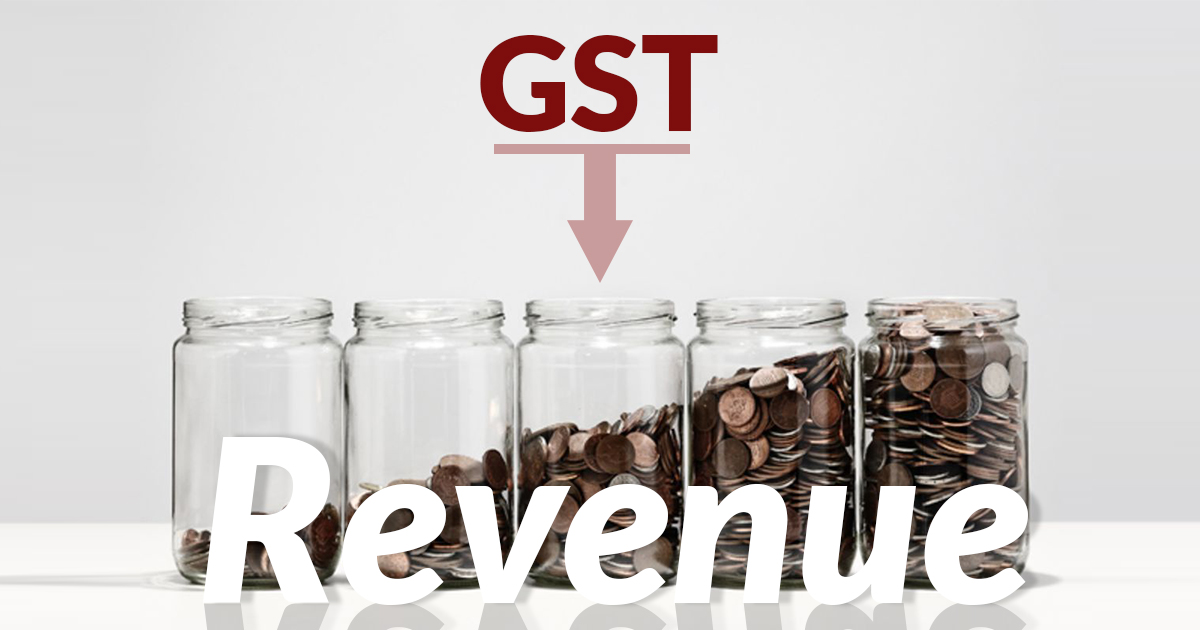Goods and Service Tax (GST) is a new indirect tax scheme which is a consumption based tax. It will replace all the indirect taxes. It is biggest tax reform that will bring India in competition with other countries in respect to the indirect taxation platform.
GST will have a direct effect on cost reduction and it will reduce capital cost also after coming into actualization. As there will be no double taxation of goods and services after implementation of GST with the elimination of cascading effect on the taxation as there was a tax on tax system in the previous regime.
As proposed earlier, there will be a single rate of tax applicable to particular goods and services across the nation under the GST scheme. This will also bring about a reduction in compliance cost also which will ultimately increase profit percentage. In fact reduction of cost of 1% will bring about 9-10% increase in profit and that is the power of new tax scheme.
Read Also: GST Composition Scheme: Key Features, Eligibility and Registration Process
This unified indirect tax structure will attract the new investors in India because of its lenient taxation procedures. Thus increase in investment will bring about the more business units in India. This will ultimately result in increasing the tax collection to the Government and this will increase the Government revenue. Cascading effect will be eliminated under GST and it will bring around growth prospects in our country.
When it comes to the impact of GST on revenue of state governments, there comes a negative and positive both type of impact on State Government revenue. As for example, revenue from Value added tax was collection only for the State governments but after GST the VAT will be subsumed. And collection will be bifurcated under both CGST and SGST so in this case, it will have a negative impact on State Revenue.
Recommended: GST vs VAT: Simple Way to Describe the Differences
On the other hand central taxes like Service tax, excise etc. will also get subsumed under GST and there will again a bifurcation between SGST and CGST. SGST will be a share of state government and CGST will be a share of Central Government so, in this way state government will get the share in tax revenue. In spite of that, there is a provision of Compensation Cess also under GST regime. Compensation Cess is a levy which will be used to compensate to the states for the loss of tax revenue which will, in any case, make some neutral impact on the revenues.
Thus, from the discussion, it has been concluded that the new tax scheme will bring some revenue generation and overall synchronization of taxes in the government.
